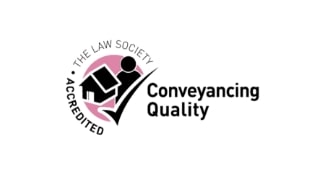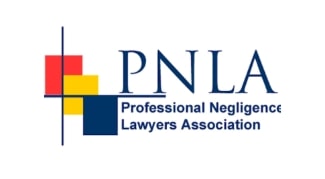
How can I show that my adviser has been professionally negligent?
To show that your adviser has been professionally negligent, you need to show that they have breached at least one legal duty they owe you.
That can be an obligation under your contract with your adviser. Whether or not there is a written contract, there will likely be a legal responsibility to exercise reasonable care and skill when providing their professional service to you.
That brings up an important question: What does “reasonable care and skill” mean?
What is reasonable care and skill?
In summary, “reasonable care and skill” means that your professional adviser does not have to be perfect when providing professional services to you. They can even make mistakes when providing their professional service to you. They just need to avoid making any mistake that a reasonable member of their profession would not have made in the same situation.
If your professional adviser acts in a way that at least some responsible members of the same profession would have acted, they will have provided their service with reasonable care and skill. This is true even if other responsible members of the same profession would have acted differently.
How can I show that my professional adviser failed to provide their service with reasonable care and skill?
Whether your professional adviser has provided or failed to provide their service with reasonable care and skill will often unavoidably depend on the specific facts of your situation. However, several factors may affect what counts as “reasonable care and skill” for your professional adviser:
- Where your professional adviser claims to be a specialist in a particular field, that will increase the level of care and skill that they are obliged to provide for you.
For example, if your solicitor claims to be a specialist in bankruptcy cases, then “reasonable care and skill” will be measured by the higher standard of a reasonably competent specialist bankruptcy solicitor.
Remember, if the standard of “reasonable care and skill” for your professional adviser is higher, that increases the chances of them falling short and thereby being found to have been professionally negligent.
- Where your professional adviser is required to comply with a recognised code of practice, that can increase what counts as “reasonable care and skill” for your professional adviser
For example, suppose your professional adviser is a solicitor. In that case, they must comply with the SRA Standards and Regulations. Similarly, if your professional adviser is a chartered accountant., they must comply with the ICAEW Code of Ethics.
Where a particular level of service or obligation is set out in your professional adviser’s code of practice, then your professional adviser will need to comply. If they do not comply, that can increase their likelihood of being found professionally negligent.
- Where your professional adviser is inexperienced, they will still be expected to provide their professional service at the same level as a reasonably competent professional.
For example, let us say your professional adviser is a newly qualified chartered surveyor. In that case, they will still need to meet the same standard of “reasonable care and skill” as a reasonable chartered surveyor. Your professional adviser does not get any leeway regarding the “reasonable care and skill” they are supposed to provide for you because of their inexperience.
Part three of Kumaran’s article will explore how you can prove that your professional adviser’s professional negligence has caused you any loss or damage and discuss the most common pitfalls in professional negligence claims.














































